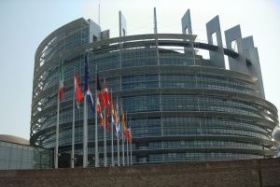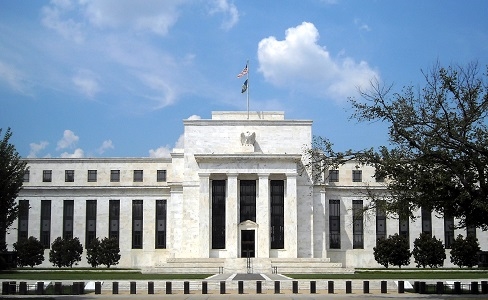European Parliament approves MiFID II

The European Parliament has approved the Markets in Financial Instruments Directive II (MiFID II) in plenary session.
The news will give relief to market participants who doubted an agreement would be made before the European Parliamentary elections in May.
“MiFID II is one of the most important pieces of the post crisis regulatory reform puzzle, no one should underestimate its importance,” said Jonathan Herbst, head of financial services regulation at Norton Rose Fulbright.
“Not only are there new markets requirements including those relating to position limits, algorithmic trading and transparency but there are also new conduct of business requirements that add up to significant change for firms.”
“MiFID II may prompt firms to consider their group structure particularly in light of the changes to MiFID’s existing exemptions and the new third country requirements.”
There had been heated political negotiation between the European Parliament and Council on issues such as the third country provisions.
A counterparty will only be able to trade certain derivatives on a non-EU platform if the third country has an effective and equivalent regime for recognising EU trading platforms. Non-EU companies providing financial services to professional clients in the EU will need to register with ESMA once considered to be equivalent for these purposes. The US is likely to be one of the first on the list for an equivalence assessment.
“The tests around equivalence and reciprocity constitute an explicit political dimension to the analysis,” according to Peter Snowdon, financial services partner at the firm.
Any non-EU company wanting to provide services to retail clients in the EU will have to establish a branch and comply with various MiFID II requirements. It is not clear that they will benefit from a passport around Europe, according to Norton Rose.
While the US and EU hedging exemptions are broadly similar, the US regime narrows the scope of bona fide hedging transactions considerably while, under MiFID II, position limits will not apply to certain hedging positions held by a non-financial entity.
The legislation also includes changes to exemptions for companies that trade commodity derivatives. Such firms may need to be licensed in the future.
“Any commodity firm relying on MiFID’s exemptions should revisit and update their analysis sooner rather than later,” said Herbst.
The definition of a commodity derivative will be widened to capture physically settled contracts traded not only on a regulated market or multilateral trading facility, but also on a new organised trading facility. However there will be a carve-out for physically settled gas and oil derivatives traded on an organised trading facility as a result of lobbying.
Found this useful?
Take a complimentary trial of the FOW Marketing Intelligence Platform – the comprehensive source of news and analysis across the buy- and sell- side.
Gain access to:
- A single source of in-depth news, insight and analysis across Asset Management, Securities Finance, Custody, Fund Services and Derivatives
- Our interactive database, optimized to enable you to summarise data and build graphs outlining market activity
- Exclusive whitepapers, supplements and industry analysis curated and published by Futures & Options World
- Breaking news, daily and weekly alerts on the markets most relevant to you




